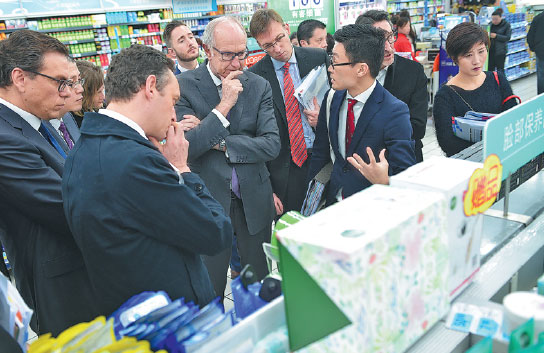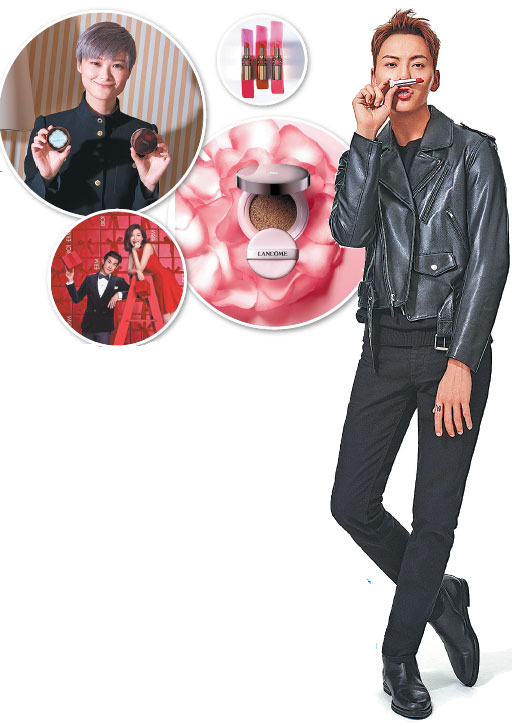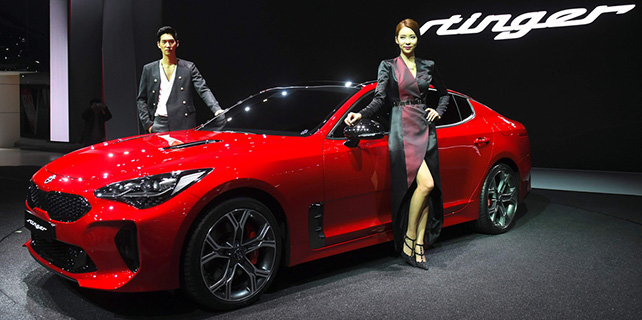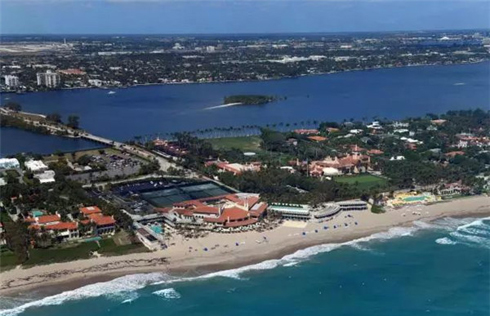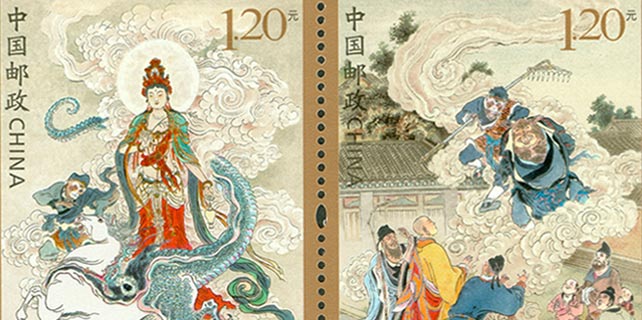Face up to the future
L'Oreal seeks to catch up with China's expanding digital market. Sun Yuanqing reports.
The digital age is transforming our lives, not least with our compulsion to record every minute of it. This means keeping up appearances, as who knows if the shot will go viral or last for posterity. And that, of course, means always having the right lipstick.
Maybelline's "Make It Happen" campaign, featuring celebrity Angelababy, sold 10,000 lipsticks within two hours during an online live streaming program last April.
Showcasing not just a celebrity's appeal as a trend-setter, but also to an extent such brands are perhaps seeking to use the popularity of social media in China to boost the cosmetics industry.
"The digital age is giving beauty more importance than ever," asserts Jean-Paul Agon, who, as chairman and CEO of L'Oreal Group, the world's largest cosmetics company, is well placed to know.
China has grown to be L'Oreal's second-largest market after the United States. L'Oreal, which owns the Maybelline brand, has been working extensively with e-commerce platforms in China, producing live broadcasts featuring celebrities that allow customers to buy while watching the shows.
"And we are just at the beginning of the story," says Agon. "Chinese consumers have huge capacity to change and evolve. They are very open to new ideas and techniques."
Speaking during a recent trip to China, which he visits about twice a year, he said that L'Oreal China has embraced the digital era, not least to adapt to the rapidly changing consumer habits in the country by aggressively developing its business online.
Agon first visited China in 1997, and over the ensuing two decades he has helped build L'Oreal China and made at least 50 visits to the country, which has never failed to amaze him with its speed and scale of development.
"Every visit, it's like a new country. Things change so fast," he says. "China is now so far ahead in terms of consumer behavior, expectations and digital practices."
To help meet the demand of Chinese consumers, L'Oreal has been expanding its already wide range of brands, acquiring a slew of labels such as CeraVe, AcneFree, Ambi, IT Cosmetics and Atelier Cologne recently. Early successes include YSL Beauty, which has developed to be one of the most sough-after brands in the market since its acquisition by L'Oreal in 2008.
It is also working with Chinese experts to create products that meet the demands of local consumers. For instance, the company incorporates ingredients used in traditional Chinese medicine in its lotions.
It renovated the plant in Yichang in Central China's Hubei province to be L'Oreal's first Asia-Pacific plant to reach zero-carbon emission, a company statement says.
Ren Wei, head of Xiling district of Yichang where Tianmei Plant is, says: "The plant is developing steadily in our city. It has become a world-class production base for cosmetic products and made a tremendous contribution to local economic and social development."
Moreover, the Suzhou BeautyCos plant is certified as LEED Platinum, the top level of LEED certification, also known as Leadership in Energy and Environmental Design, of US Green Building Council, which is the first LEED Platinum owner of China cosmetic industry.
Besides, its "Beauty for a Better Life" program offered vocational beauty training for about 1,500 beneficiaries in the past two years.
"We are still just touching the tip of the surface," says Stephane Rinderknech, CEO of L'Oreal China. "I think there will be 3 to 4 billion lipsticks sold within 10 years in this country. Hair products also have tremendous potential. The challenge is pretty much every day."
So the next time you see a photo of Angelababy with to-die-for lips, you can rest assured that you only have to go online and you'll be able to take a selfie in the exact same shade.
Contact the writer at sunyuanqing@chinadaily.com.cn
|
Jean-Paul Agon (center), chairman and CEO of L'Oreal Group, during one of the store visits in Shanghai recently. Photos Provided To China Daily |
|
L'Oreal collaborates with Chinese pop stars, such as singer-actor William Chan (right), singer Li Yuchun (top left), actress Jiang Shuying and actor Aarif Lee, to appeal to the younger generations. |
(China Daily 03/31/2017 page20)







